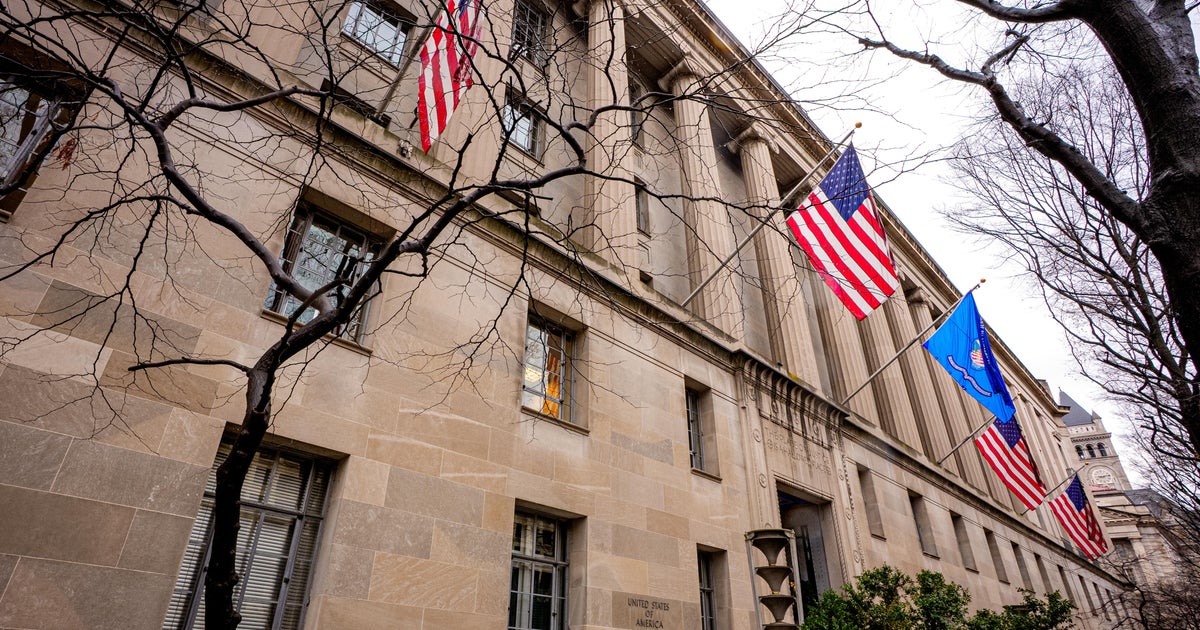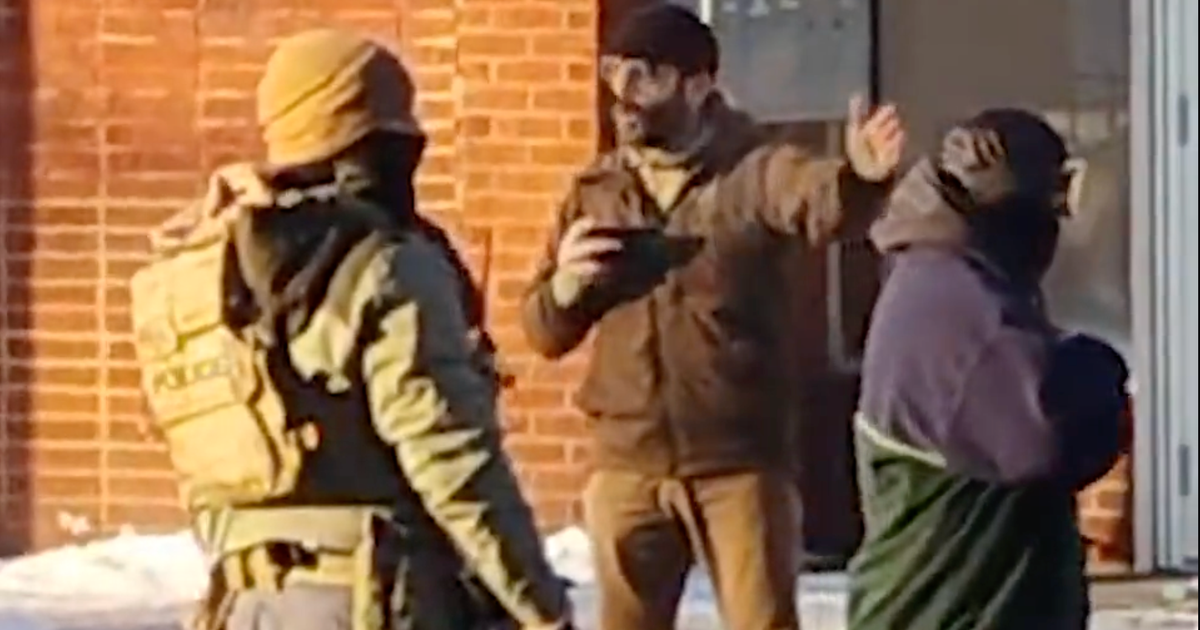Deputy AG Rod Rosenstein addresses "threats," says DOJ won't be "extorted"
WASHINGTON -- Deputy Attorney General Rod Rosenstein, who is overseeing the Russia investigation, said Tuesday afternoon that he would not back down from a group of Republican lawmakers on Capitol Hill drafted articles of impeachment against him.
"I can tell you that there have been people who have been making threats privately and publicly against me for quite some time," he said. "I think they should understand by now the Department of Justice is not going to be extorted."
With 19 indictments handed down, including against some of the president's former top advisers, the Russia investigation is racing toward a showdown between the special counsel Robert Mueller and Mr. Trump. The New York Times reported that Mueller has a list of more than 40 questions that he wants to ask the president.
The questions range from an examination of the firing of then-FBI Director James Comey -- including queries like "when was [the decision] made? Why? Who played a role?" Also, investigators want to know what the president knew about "outreach by your campaign ... to Russia about potential assistance to the campaign."
Solomon Wisenberg, who questioned former President Bill Clinton in the late 1990s as Ken Starr's deputy independent counsel, suspects Mueller already knows the answers to some of the questions.
"The questions are very dangerous for the president to answer," Wisenberg said. "It's a minefield. Any normal white collar client -- his or her attorney would be jumping up and down on the desk insisting that they not go in for an interview."
On Twitter earlier Tuesday, Mr. Trump suggested that the special counsel didn't have much of a case:
Still, the commander in chief's lawyers have been negotiating with the special counsel about being questioned. But it is unclear whether the interview will ever happen.
What would motivate someone to leak Mueller's questions that he's considering?
One line of thought is that the leak has one target: Mr. Trump. And one purpose: To show the scope of the Mueller investigation and the legal pitfalls the president could face.
But, Rosenstein said Tuesday that the Justice Department has ruled a sitting president can't be indicted. So it's still uncertain if Mr. Trump will agree to answer Mueller's questions.





